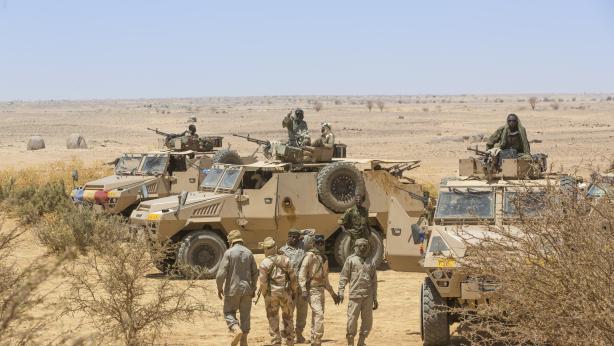Mali launches military history project to document nation’s legacy

Mali has officially launched a groundbreaking project aimed at documenting the military history of the country, with the first steering committee session held in Bamako last week.
The initiative, spearheaded by President of the Transition, General Assimi Goïta, seeks to comprehensively revisit the key milestones in Mali’s military evolution, from ancient empires to the post-independence era.
The inaugural session was presided over by General Yamoussa Camara, the National Security Advisor, who emphasized the project’s importance in preserving and understanding Mali’s military past.
This ambitious endeavor aims to document the historical development of the country’s armed forces using both written and oral sources, ensuring a scientifically rigorous and thorough account.
Professor Doulaye Konaté, the project coordinator, has been praised for assembling a team of national experts with diverse expertise.
These experts are divided into four thematic groups tasked with conducting in-depth research into specific historical periods.
The goal is to produce detailed analyses and uncover previously unknown information about Mali’s military heritage.
The Ministerial Advisor also confirmed that the project’s budget has been allocated and will be managed with strict oversight, although the exact financial details have not been disclosed.
The session allowed for discussions on proposed articles, setting the stage for the continued work of the various research groups.
As the project progresses, it is expected to highlight the significant contributions of Mali’s armed forces throughout history, while fostering a collective national memory.
By compiling and analyzing Mali’s military history, the project aims to strengthen national identity and ensure the preservation of critical historical knowledge for future generations.
About The Author
dailymailafric
I am an avid African news observer, and an active member of Daily Mail Africa.
I’m Passionate about staying informed on diverse topics across the continent,
I actively contribute to publishing on political, economic and cultural developments in Africa.



